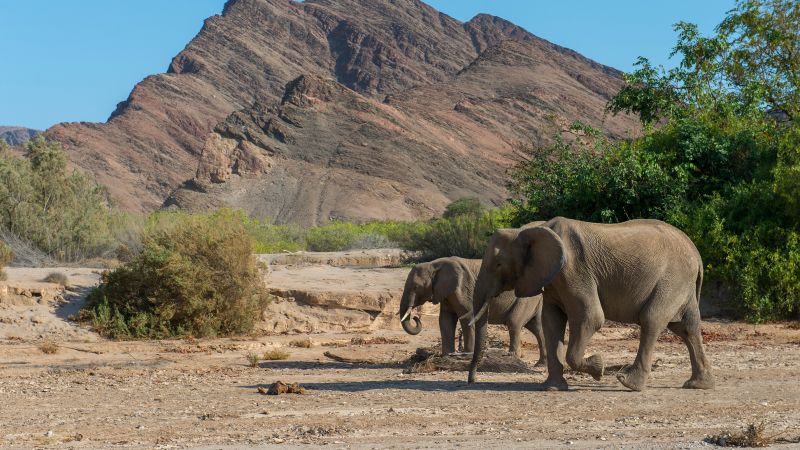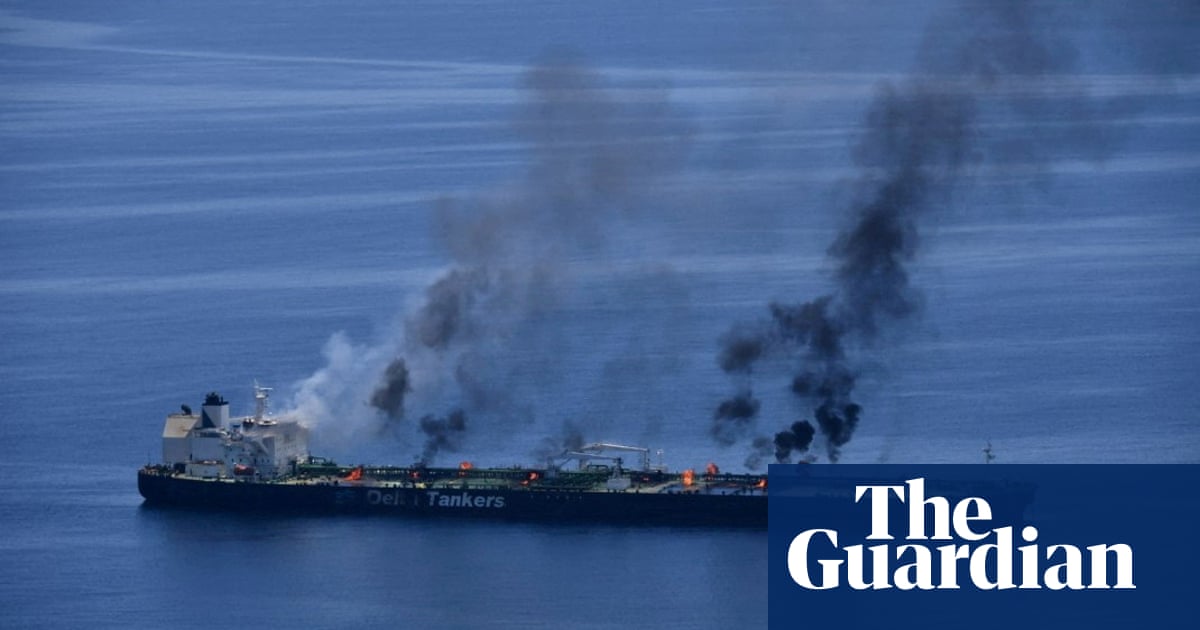Human Rights Watch said in its annual report that China is going through its darkest period for human rights since the Tiananmen Square massacre.
But 2020 was also the year the world’s governments found „safety in numbers.“ Repel the Chinese policies of repressionWith less fear of retaliation.
Worsening persecution of ethnic minorities in Xinjiang, Inner Mongolia and Tibet, targeting of whistleblowers, and repression Hong Kong The organization said that the attempts to cover up the coronavirus outbreak were all part of the deteriorating situation under President Xi Jinping.
It was the darkest period for human rights in China since then The 1989 massacre Which ended the Tiananmen Square democracy movement, „“ said the report on human rights violations around the world.
The authoritarianism of the Chinese government fully emerged in 2020 as it grappled with the deadly outbreak of the Coronavirus It was first reported in Wuhan ProvinceThe report said, describing the initial cover-up of the outbreak by the authorities and punishing Whistleblowing doctors including Li Wenliang And journalists Like Zhang Zhan, Who reported the Wuhan lockdown and beyond control And harassment of the families of the virus victims.
Meanwhile, „Beijing’s suppression – insistence on the political loyalty of the Chinese Communist Party – is deepening across the country,“ she said.
„In XinjiangTurkish Muslims continue Arbitrarily detained Based on their identity, while others are exposed to forced labourAnd mass surveillance and Political indoctrination. In Inner Mongolia, Protests erupted in September When the education authorities decided to replace the Mongolian language with Mandarin Chinese in a number of classes in the district’s schools. „
And in Tibet, The authorities „continued to severely restrict religious freedom, speech, movement, and assembly, and failed to address popular concerns about mining and land grabbing by local officials, which often involved intimidation and the illegal use of force by security forces.“
The Demanding political loyalty It has also intensified in the Hong Kong Special Administrative Region. After more than six months of protests in 2019, Beijing has implemented international criticism National Security Act In the city, even criminalized Acts of good opposition As crimes of separation, sedition, external complicity and terrorism. About 90 people have been arrested under the law since June.
Internet censorship and mass surveillance f The efforts of the „Chinese“ religion It also deepened across China, the report said. Notable criticsAnd human rights defenders Journalists were imprisoned, Or disappeared Forced into exile, Many accused of „inciting subversion,“ or „Catching arguments and stirring up trouble“ A common accusation against dissidents and activists.
„Since Xi Jinping came to power, the repression has gotten worse and worse overall,“ said Yaqiu Wang, a researcher at Human Rights Watch. „In every aspect of Chinese society, you can see how the party has become more intolerant of any kind of independent activity.“
The 386-page report focused on China in large part due to the international response to the intensification of repression there. Human Rights Watch said that the rest of the world has become more confident in criticizing Beijing, having previously feared reprisals.
The revenge continued: China and the United States It entered a trade war, exchanging new sanctions and regulations on visas, diplomats, journalists, and Closed embassies. Australia was exposed to Destroying tariffs and embargoes After it called for a „vigorous“ investigation into the origins of the Coronavirus.
Human Rights Watch has criticized the European Union’s response to China, in particular the conclusion of a trade agreement with Beijing late last year.
If the European Union is serious about ending forced labor in China Xinjiang „They could have insisted on this before they agreed to the investment agreement,“ said Kenneth Roth, president of Human Rights Watch.
Human Rights Watch said that in 2020 many of the world’s governments found „safety in numbers, reflecting Beijing’s inability to retaliate against the entire world.“ Fewer members of the Organization of Islamic Cooperation – who in the past tended to support China – support Xinjiang’s policies, and many statements of condemnation have been issued at the United Nations.
The United States passed numerous legislation targeting China’s violations, while the United Kingdom, Australia, Canada, New Zealand, and the United States passed Extradition treaties torn apart With the end of the country Take it to Hong Kong.
The report said: „This increased international readiness to condemn the Chinese government forced it to respond.“ And Beijing for the first time gave confirmation of the number of Uyghurs and other Turkish Muslims detained in Xinjiang, revealing that 1.3 million people have gone through what happened. It was called „vocational training centers“.
Every UN statement was met with statements supporting Beijing, which Human Rights Watch said were „signed by many of the world’s worst human rights violators“ and appear to have economic clout.
The Human Rights Watch report said the decline was particularly noticeable to the „marginal“ role of the United States, as the Trump administration has often not been involved or lacked credibility when it was.
The lesson from recent years for other governments is that they can make a big difference even without Washington. Even under a more rights-friendly US administration, this broader collective defense of rights must be preserved. „

„Študent. Nadšenec kávy. Badateľ priateľský k hipsterom. Zlý podnikateľ. Extrémny internetový fanatik.“




